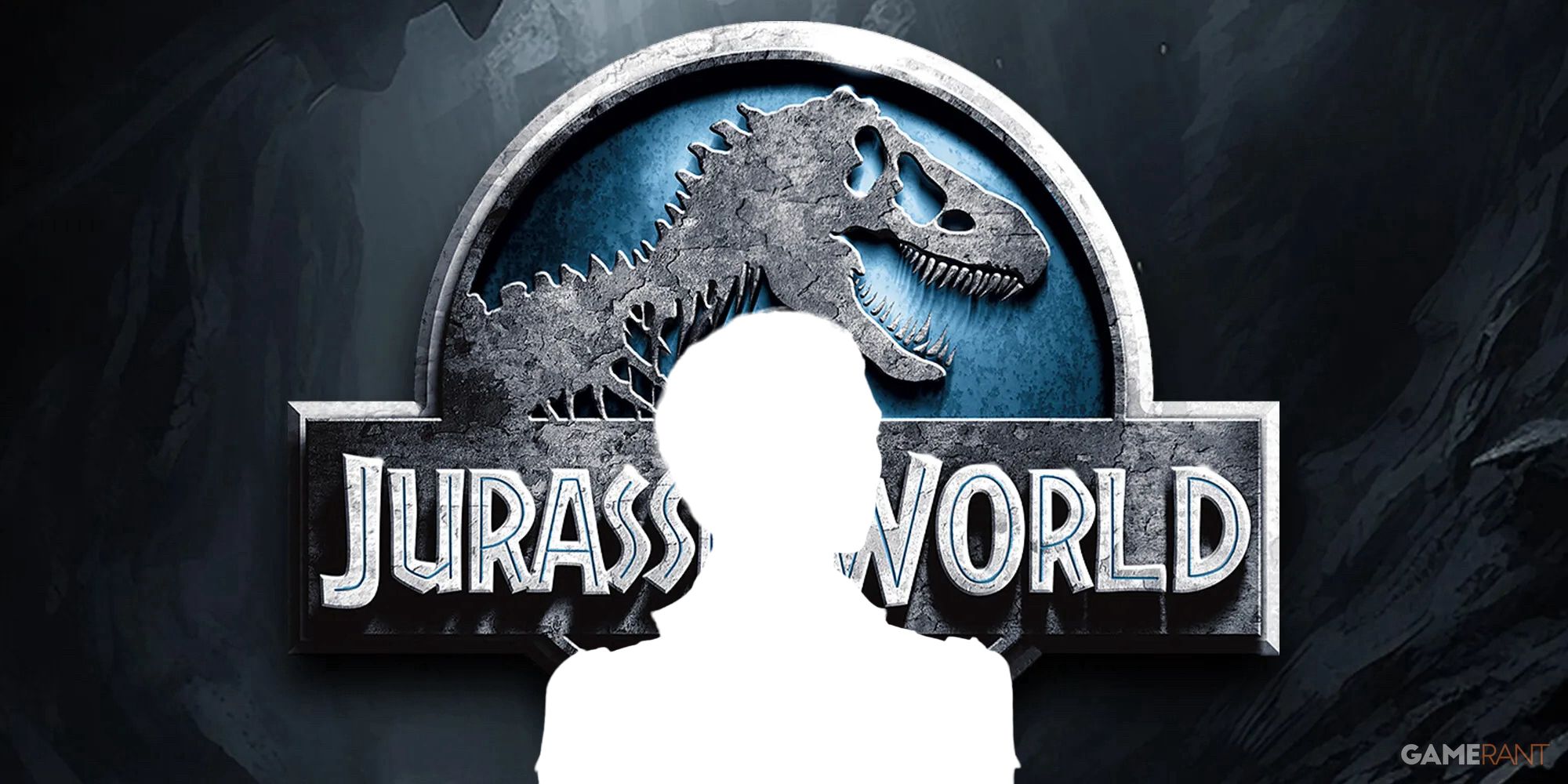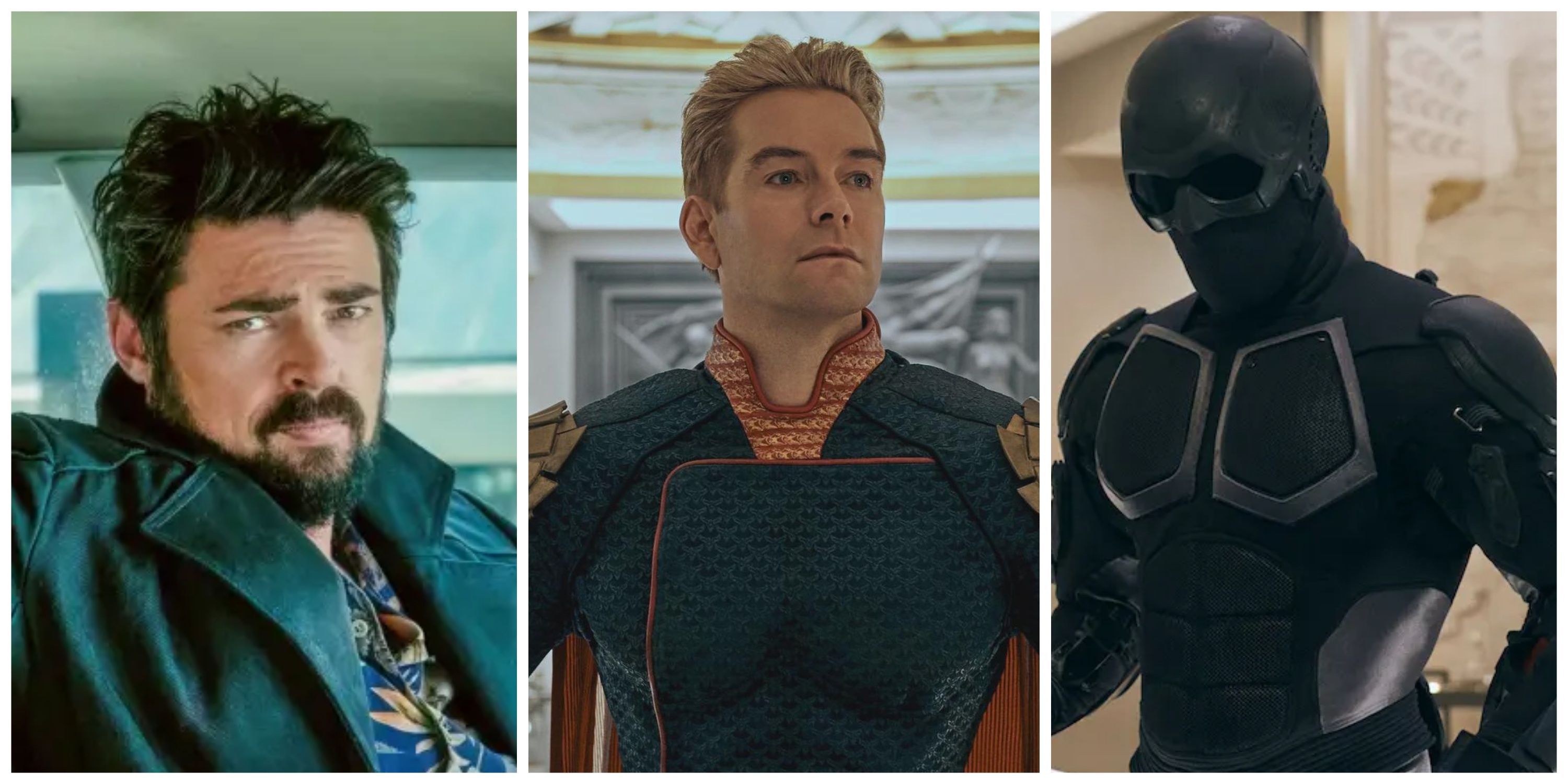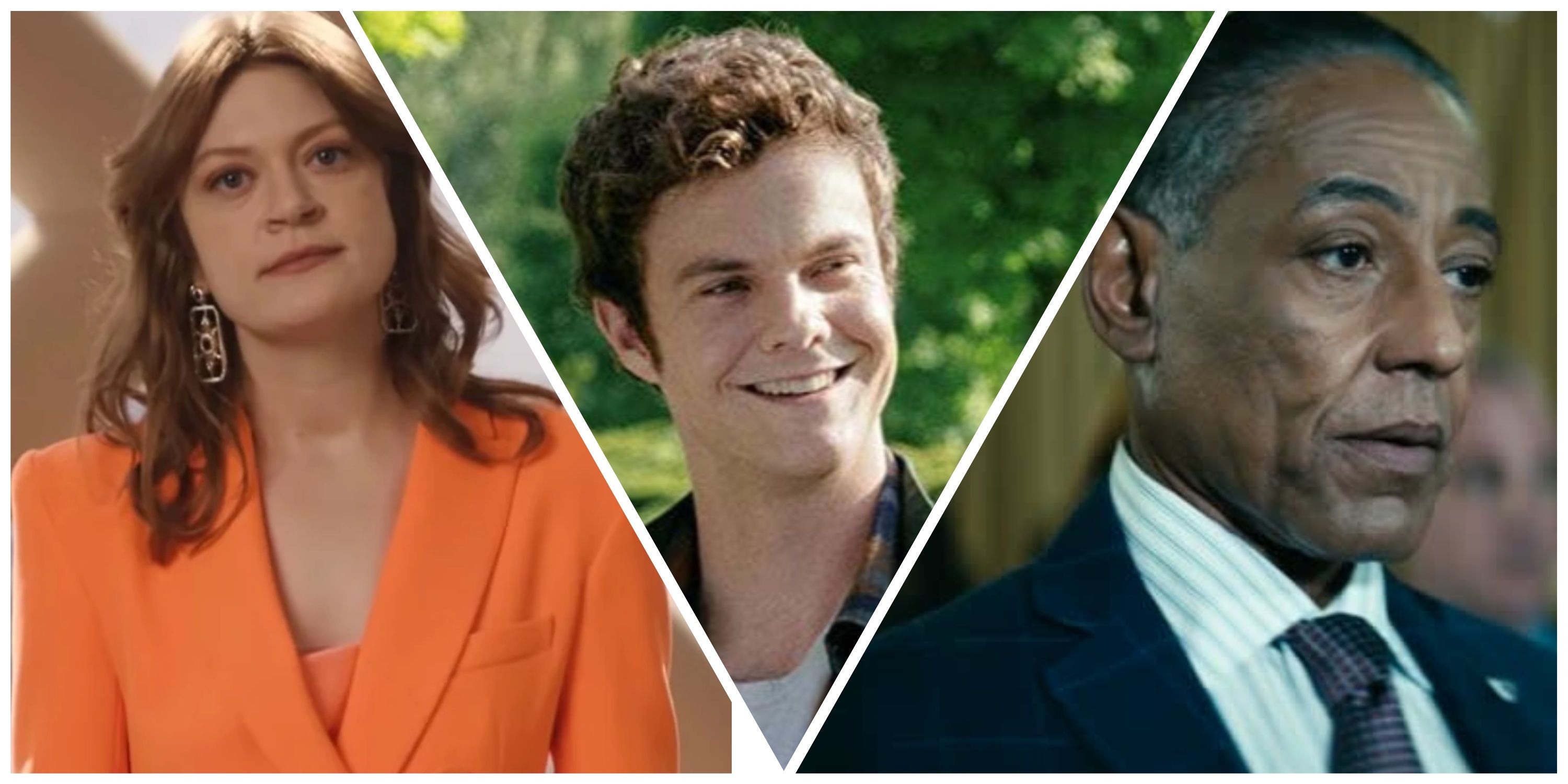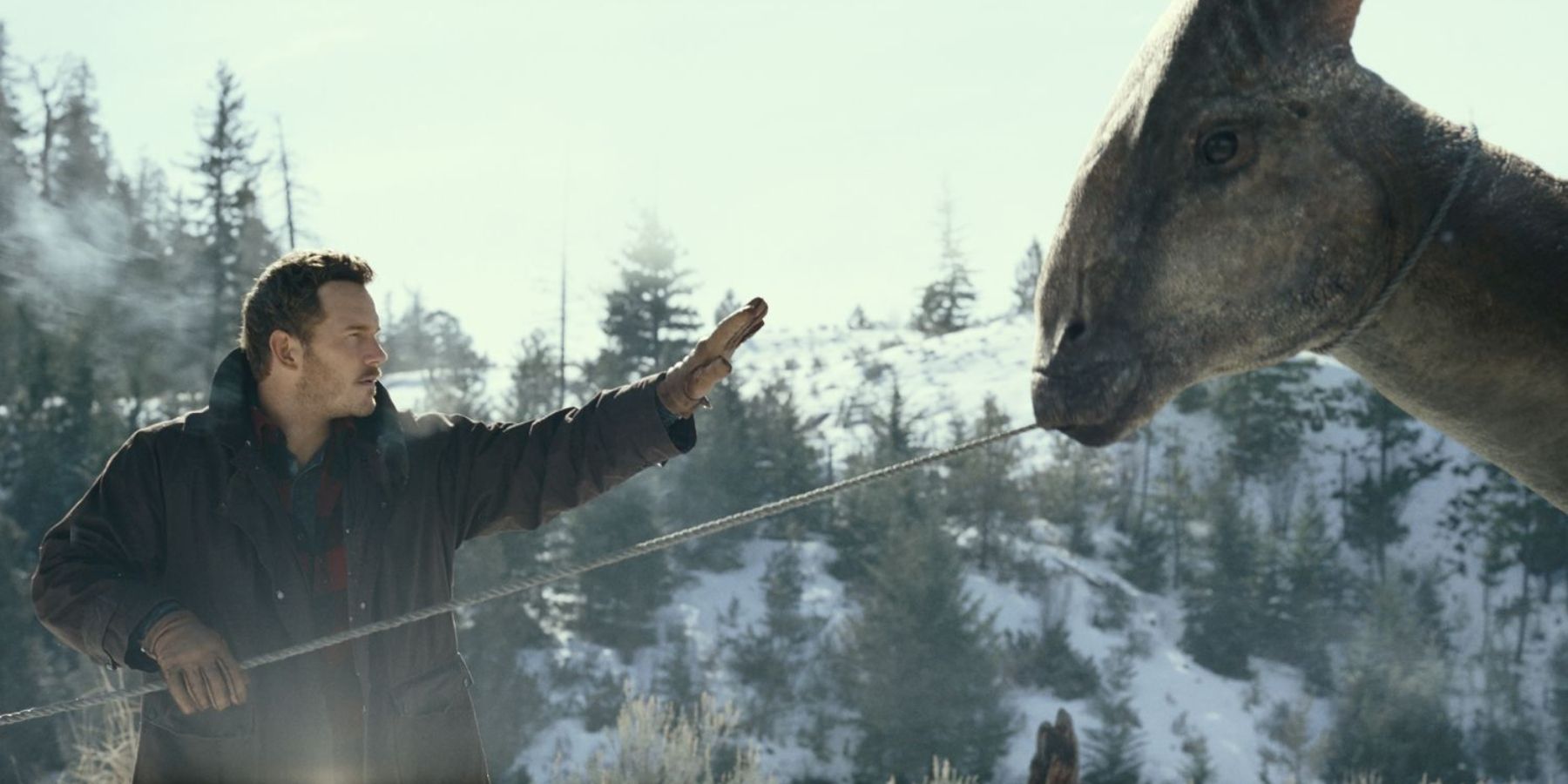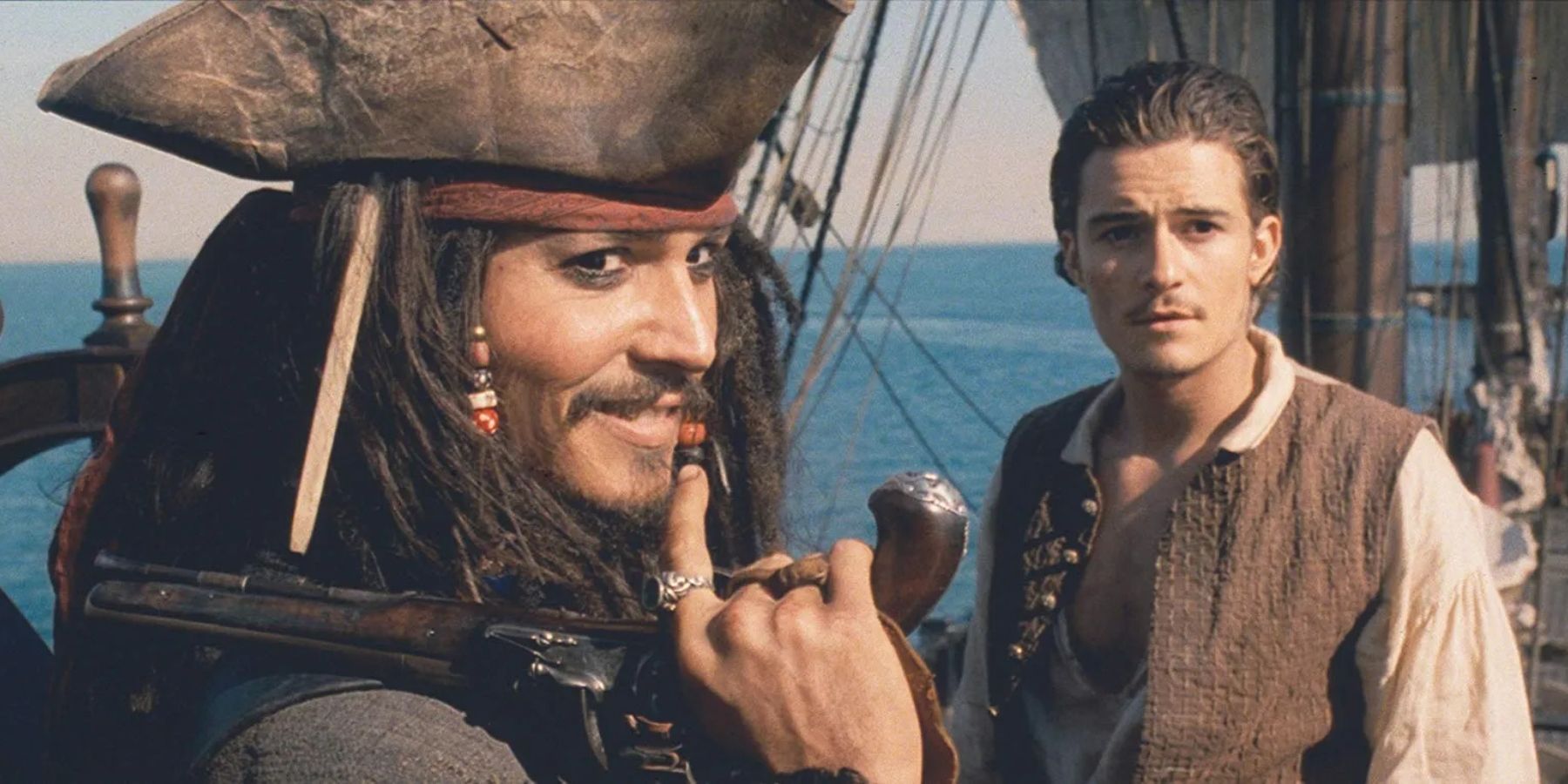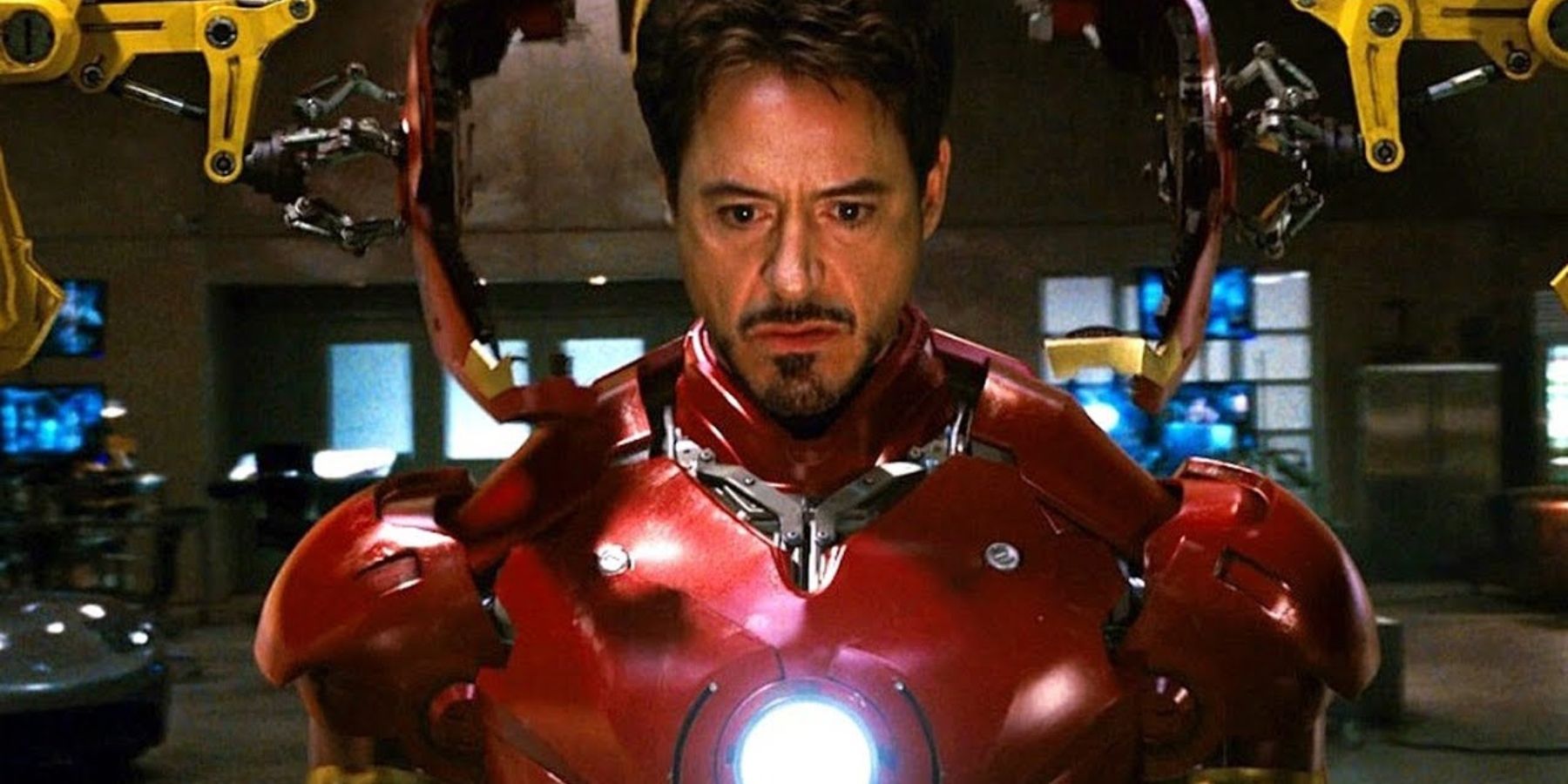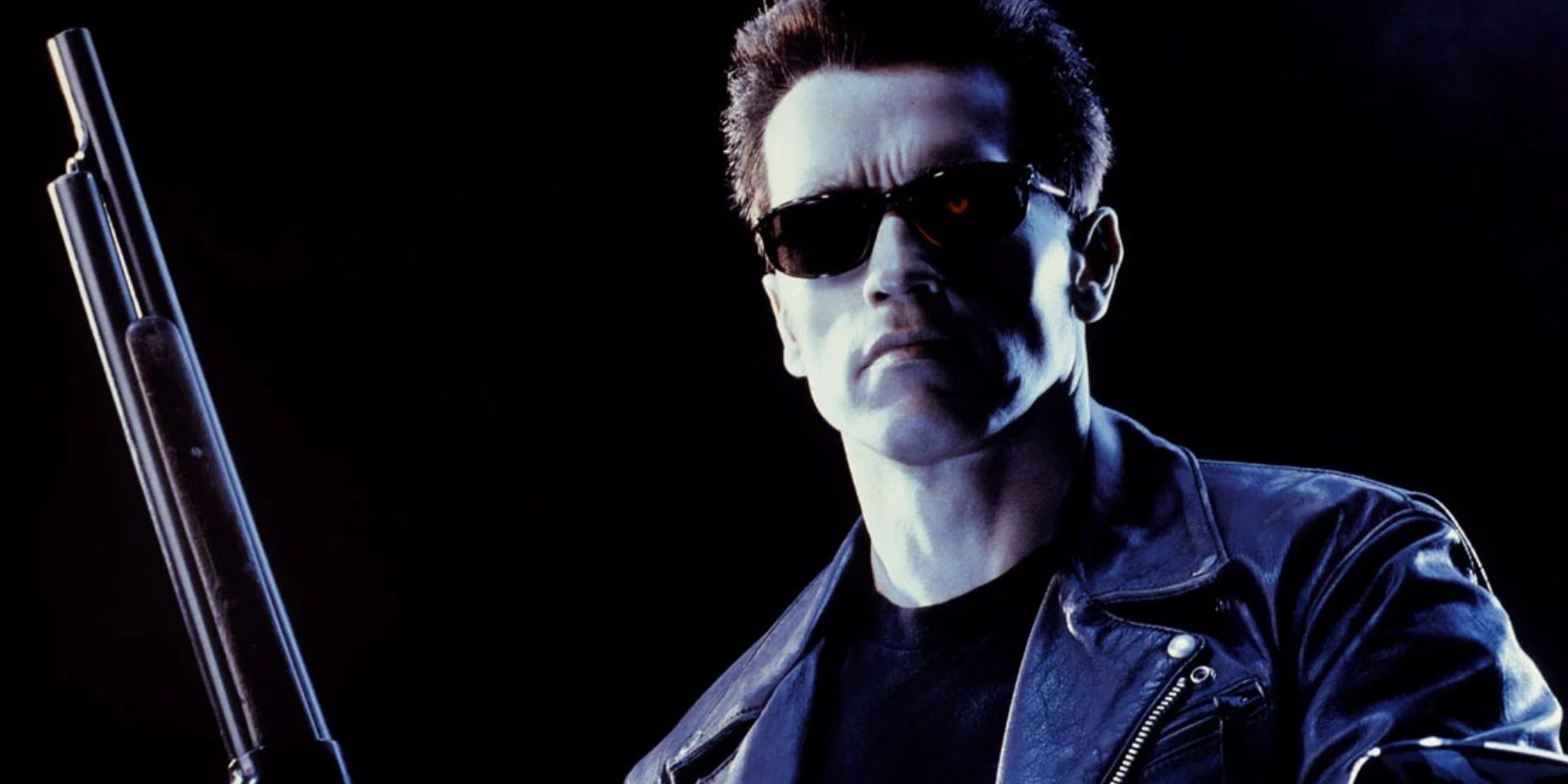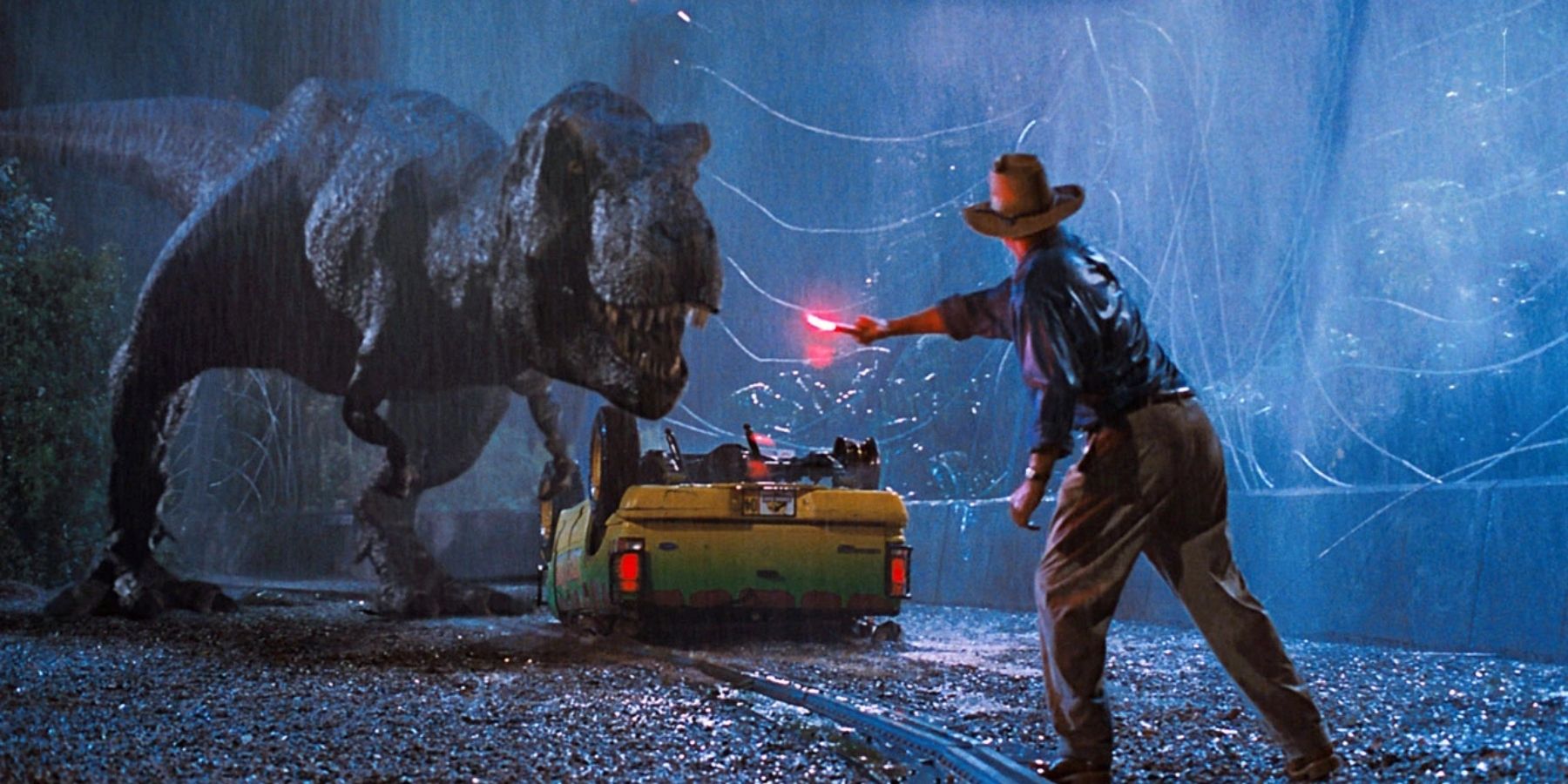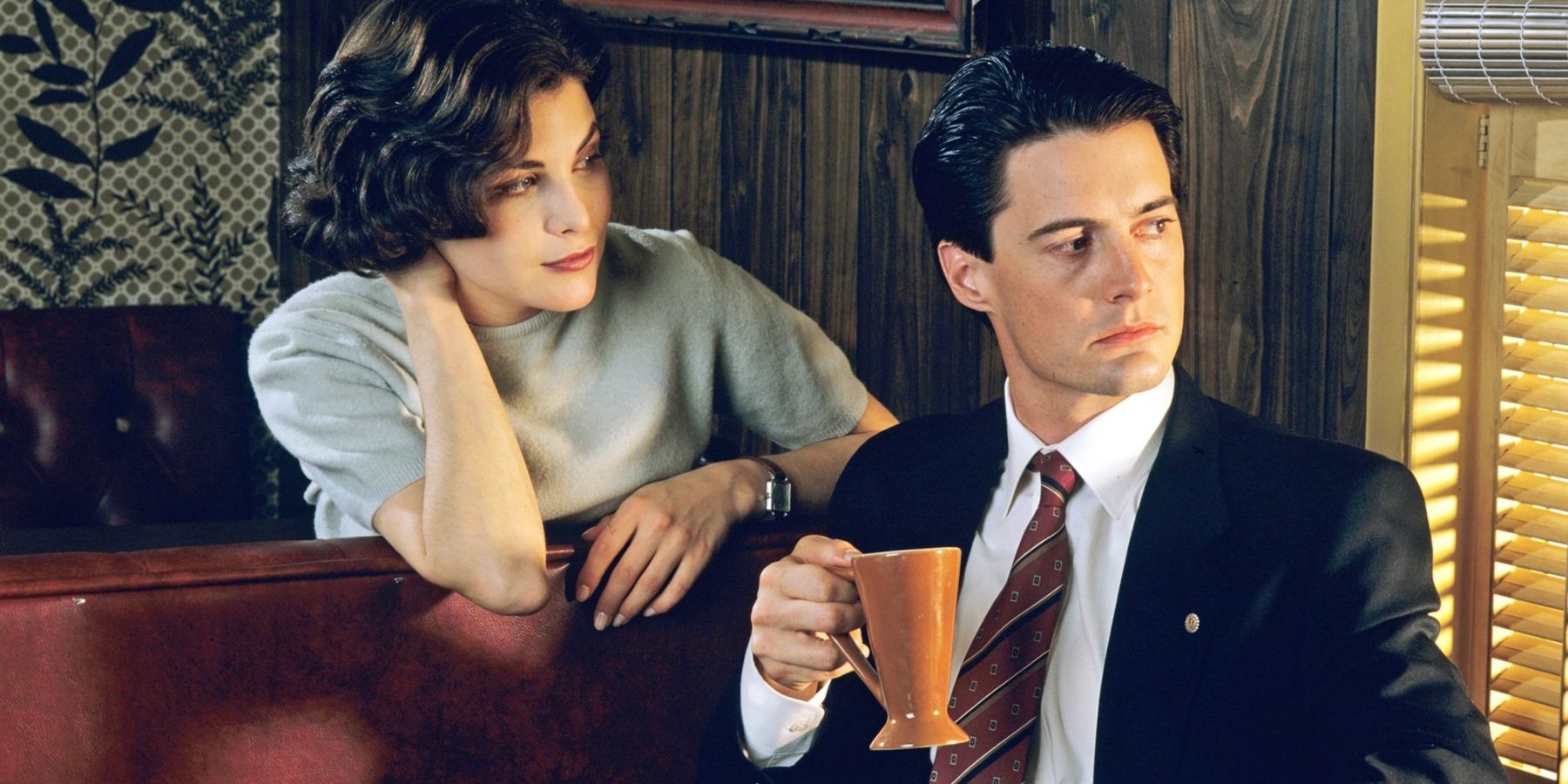Movie and television lovers have likely experienced the let-down of a franchise they enjoy being ruined by a change in cast or creators. It is very common that, as a franchise expands over a certain duration of time, it sees cast members, writers, or even directors change. In part, these changes are due to actors or creatives moving on to new projects, but sometimes it’s because the current ones aren’t working for the movie or show. Unfortunately, when these changes don’t go well, it can destroy a franchise that was successful up to that point.
This is especially the case for fundamental roles, like directors, who shape not only how the production is created, but also how it’s perceived by the audience. When a director inherits an already popular and well-received franchise, it may seem like their job is going to be easy, as they’re walking into a movie or series that already has a fan base and is sure to get viewers. However, unless the new director is already in tune with the voice of the previous director, and the expectations of that fan base, that usually isn’t the case. Here are five franchises that serve as examples of how bringing on a new director can be the downfall of a franchise.
Pirates of the Caribbean
This franchise was never expected to blow up as much as it did. At the time, Johnny Depp was a well-known actor, but had yet to take on a role that would bring him as much success as the Pirates of the Caribbean turned out to. To everyone’s surprise, the first film received endless praise from viewers of all ages.
Of course, with the undeniable success of the first movie, sequels were inevitable, but only the first two were considered successful. These first three films were all directed by Gore Verbinski. Once the franchise began doing spin-off storylines, under the direction of Rob Marshall, and then later Joachim Ronning and Espen Sandberg, the movies just didn’t find the same level of success. These last films, though still full action and adventure, didn’t stir up the same level of excitement and in many ways just felt like extensions of the earlier films.
Iron Man
There’s no shortage of superhero movies in general that have undergone such significant changes as swapping out directors. With these franchises being so old, huge, and with such large and committed fan bases, it makes sense that producers would constantly make changes to try to make these films and shows as successful as possible.
Unfortunately, when changes are made to franchises with very specific structures and tones, it can stand out quite noticeably. This was the case with the third Iron Man film. The first two films were received rather well and were directed by Jon Favreau, but he was replaced by Shane Black for the third film. Fans began to lose interest, feeling that the franchise had been stretched too thin and that Black couldn’t offer anything new with it.
The Terminator
Viewers flocked to the first Terminator movie because it was unlike any other movie concept of its day. With James Cameron directing, it was almost guaranteed that this movie would be worth the watch. That was also the case for the second movie, still under Cameron’s direction.
By the third film, however, Jonathan Mostow had taken over the role of director, and the movie’s reviews reflected how disconnected he was from the heart of the franchise. The same could be said for the following three films, which all had different directors, including McG, Alan Taylor, and Tim Miller. The films began to feel repetitive and none of these additional directors could bring the characters to life in the same intriguing light as Cameron.
Jurassic Park
Though this franchise will probably always be relevant in the film industry for all that it accomplished in bringing to life creatures that, before, audiences had only dreamed of. The realistic and adrenaline-inducing way that the franchise began was due to the genius of Steven Spielberg, who directed the first two films. When the second film didn’t do as well as hoped for, he was replaced by Joe Johnston. Johnston began a list of directors who would attempt to bring the franchise back, including J.A. Bayona, and Colin Trevorrow.
Yet, none of these following films could ever get close to matching the success of the first movie. Still, despite never quite recapturing that success, the impact of the franchise was still relevant enough for loyal fans to uphold their love of the movies. No matter how underwhelming the sequels have been, the franchise itself is iconic enough that films and merchandise will likely continue to be made anyway.
Twin Peaks
Twin Peaks began in the 90s and was (and still is) unlike any other television franchise, structurally and creatively. The franchise is essentially split into three categories: the first section of the television series that took place between 1990 and 1991, the movie (Fire Walk with Me) released in 1992, and the most recent addition to the TV series that was released in 2017. While the series began as an enthralling and unique story that walked the lines of reality, science fiction, and fantasy all at once, the quality and magic of the story gradually declined over time. The first part of the series was created by Mark Frost and David Lynch, but featured an entire team of directors, as most shows do. The movie and most recent portion of the series though, were directed only by David Lynch, which appears to have been too much work for one person to master.
Although Lynch’s obscure and unmatched creativity conjured up many of the elements that made the franchise unique (like the intentional 20-year gap between seasons that played a role in the story), it was simply too much work for one person to create alone. The first part, directed by a team of individuals, felt more balanced and offered more than one perspective of the story. Once David Lynch took over the directing on his own, the storyline lost a lot of these elements and was nearly swallowed by Lynch’s obscure taste. The franchise will probably always be remembered and beloved, but the quality of the tone and structure noticeably shifted when Lynch began taking over the project on his own.

